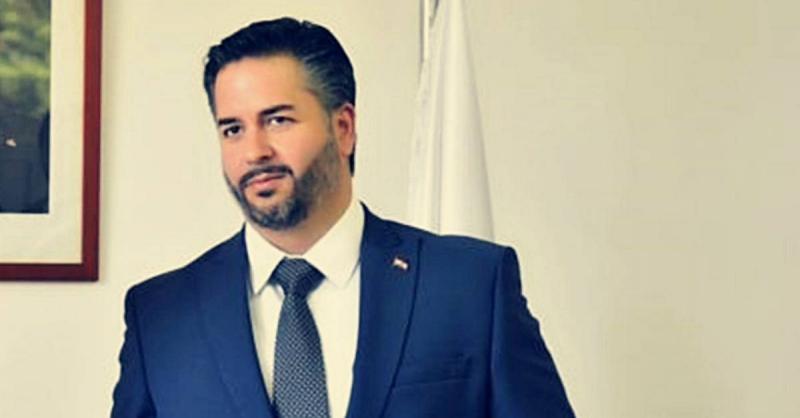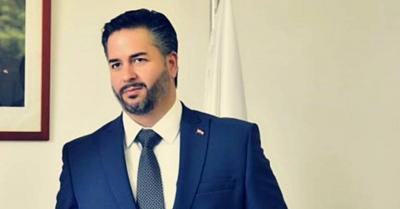Economy Minister Amin Salam confirmed that during his visit to Qatar, the Qatari Minister of Energy asked him why the implementation of the offer presented by Qatar to Lebanon had not begun. This offer includes building three electricity plants at zero cost in exchange for designating three small plots of land for their construction. Salam stated that "the Lebanese state has stalled this file for about a year." He refused to specify the obstructing party but noted, "All political parties involved in energy matters are behind this delay in the Qatari initiative."
In an interview on Al-Hurra, Salam recounted an audacious reaction from a political figure due to his visit to Qatar and his remarks about the offer, saying, "I do not attribute to myself that I will bring energy to Lebanon, but I have stirred stagnant waters." Regarding the reasons for stalling this file, he believes it is due to political bickering and possibly the locations of the lands on which the plants will be built, as every party wants the plant in its area.
On the topic of oil exploration, Salam mentioned that "an international political decision stronger than Total and Qatar Energy has been made to stop exploration in Lebanon."
In another context, Salam announced that in partnership with the United Nations World Food Programme (WFP), the Ministry of Economy will issue a detailed report starting next month on the prices of more than 200 products across all Lebanese governorates. This report will reveal where the most expensive and cheapest products are located.
Salam confirmed that the price of a bread bundle will rise but by a minimal percentage that citizens will not feel, and the difference will not be significant, with the bundle not exceeding 60,000 Lebanese pounds. He indicated that the ministry maintained the World Bank loan regarding flour, which will continue until October; however, as the loan is reaching its end, this support will be rationalized to target families registered with the Ministry of Social Affairs.
Salam mentioned that he will propose two scenarios for consideration by the Council of Ministers: that the Lebanese state become the supporter of the difference between the real price and the price that will be given to families needing assistance. He added: "The World Bank was explicit in our meeting; there is a change in their policy, as the new president of the World Bank has decided to support sustainable projects, which is why a new program called 'gate project' has been initiated, approved by the World Bank Board, which supports the farmer directly."
While Salam affirmed that thousands of inspection reports are generated by the Ministry of Economy and are pending legal action without accountability, he noted, "It is a disgrace for all governments and the entire Lebanese state that we have reached a stage where 44% of the Lebanese people live below the poverty line."
He also expressed significant objections to all ways in which the International Monetary Fund (IMF) file is handled, stating this clearly in the last meeting with them: "In the last meeting between us, with the Deputy Prime Minister Saada Al-Shami present, I apologized to the IMF delegation and requested to withdraw because the situation remained stagnant; there is no progress without accountability, especially since most politicians are board members in banks."
Regarding the IMF's stance, Salam confirmed that the Fund is "fed up with the Lebanese and had a very harsh tone in our last meeting," adding, "This government is incapable of change; what it can do is only protect the banks, and if we expect this government to reach a final agreement with the IMF, we are dreaming."
Politically, the Economy Minister stressed that "there will be no president before the American presidential elections," reiterating that the losses from the war between Hezbollah and Gaza exceeded $10 billion according to calculations he made personally. He commented on the overall atmosphere he perceived during his American and Arab tours, saying: "It does not seem that the war will end within a month or two."
He rejected the $1 billion that the European Union provided to keep Syrian refugees, arguing that it should not have been discussed, noting that the negative atmosphere regarding this file comes from the European side, while the American side is monitoring. Salam concluded, "I refuse to talk about a billion, two billion, or ten billion annually because the Syrian presence in Lebanon has cost the state more than $80 billion over the past 12 years. They pose an existential threat to the country, and if a serious and strict decision is not made and implemented from now until five years, Lebanon will turn into a province, not a country."




